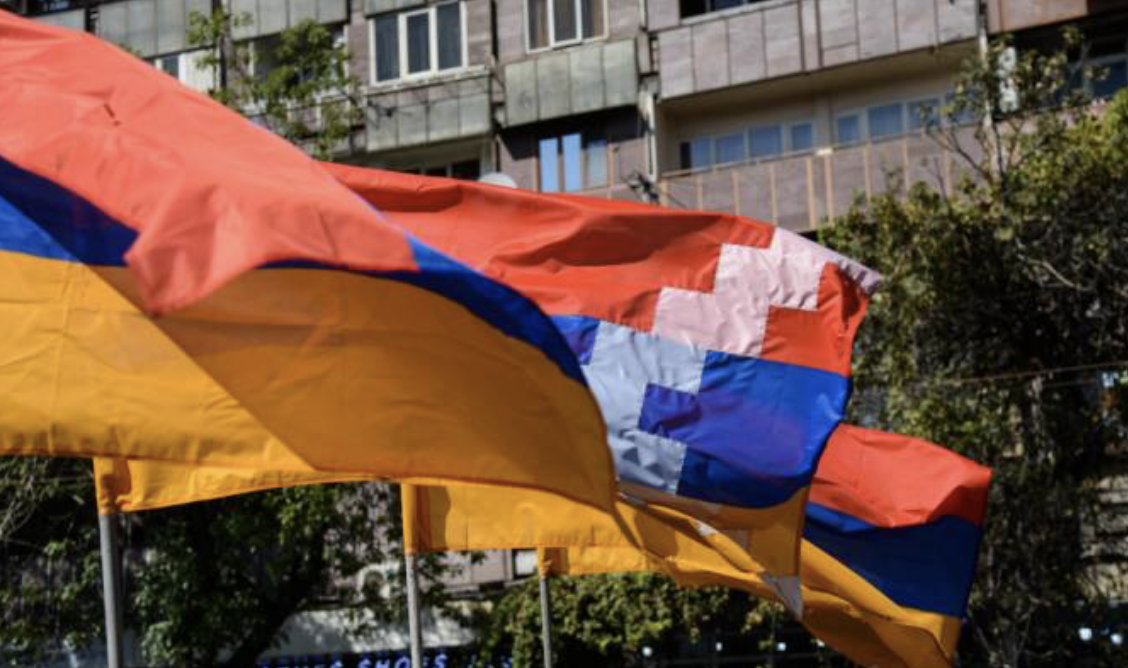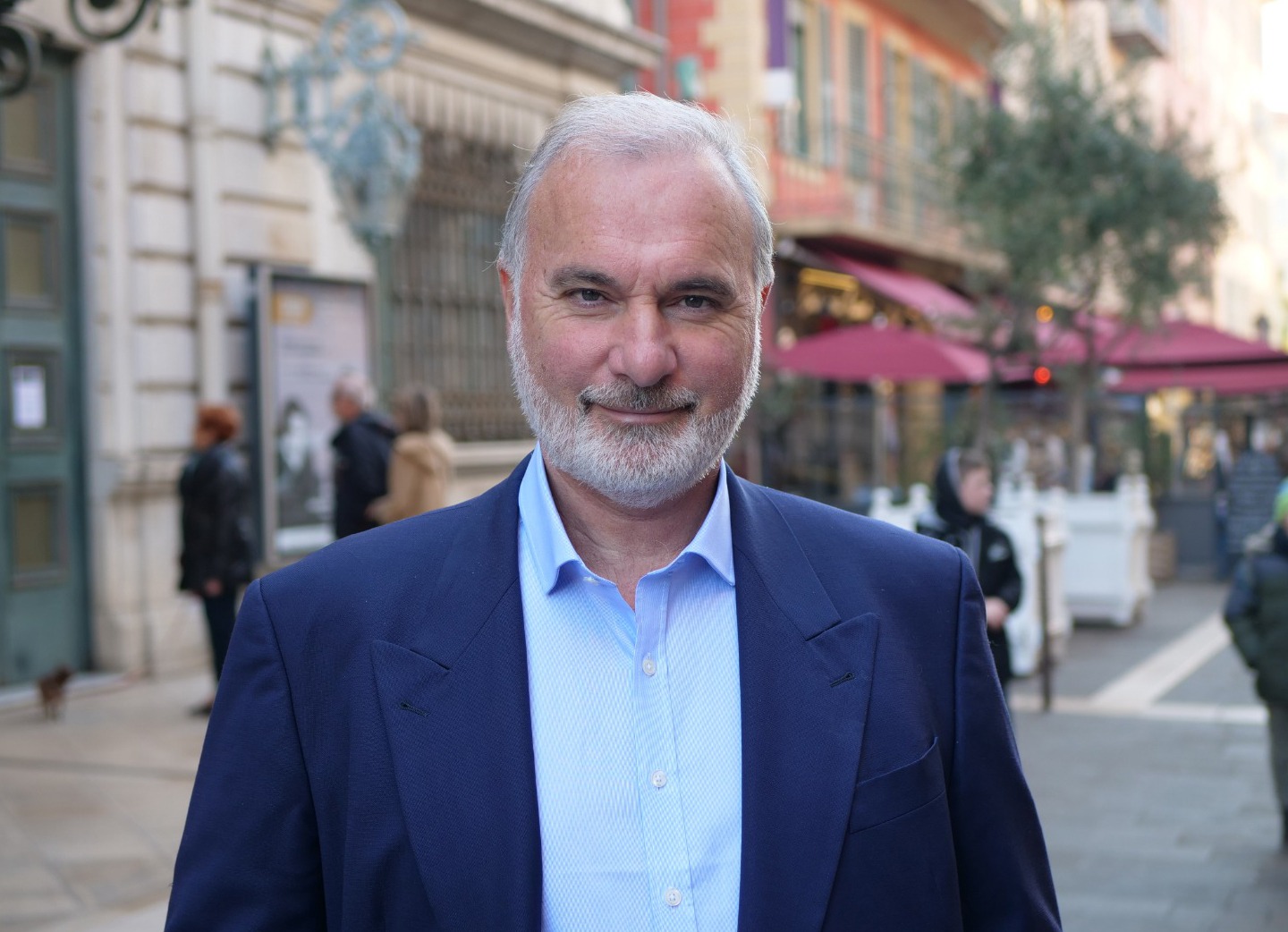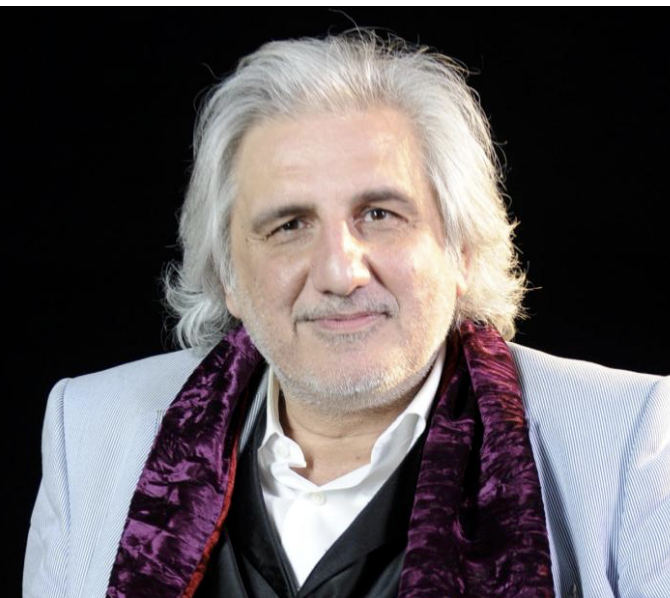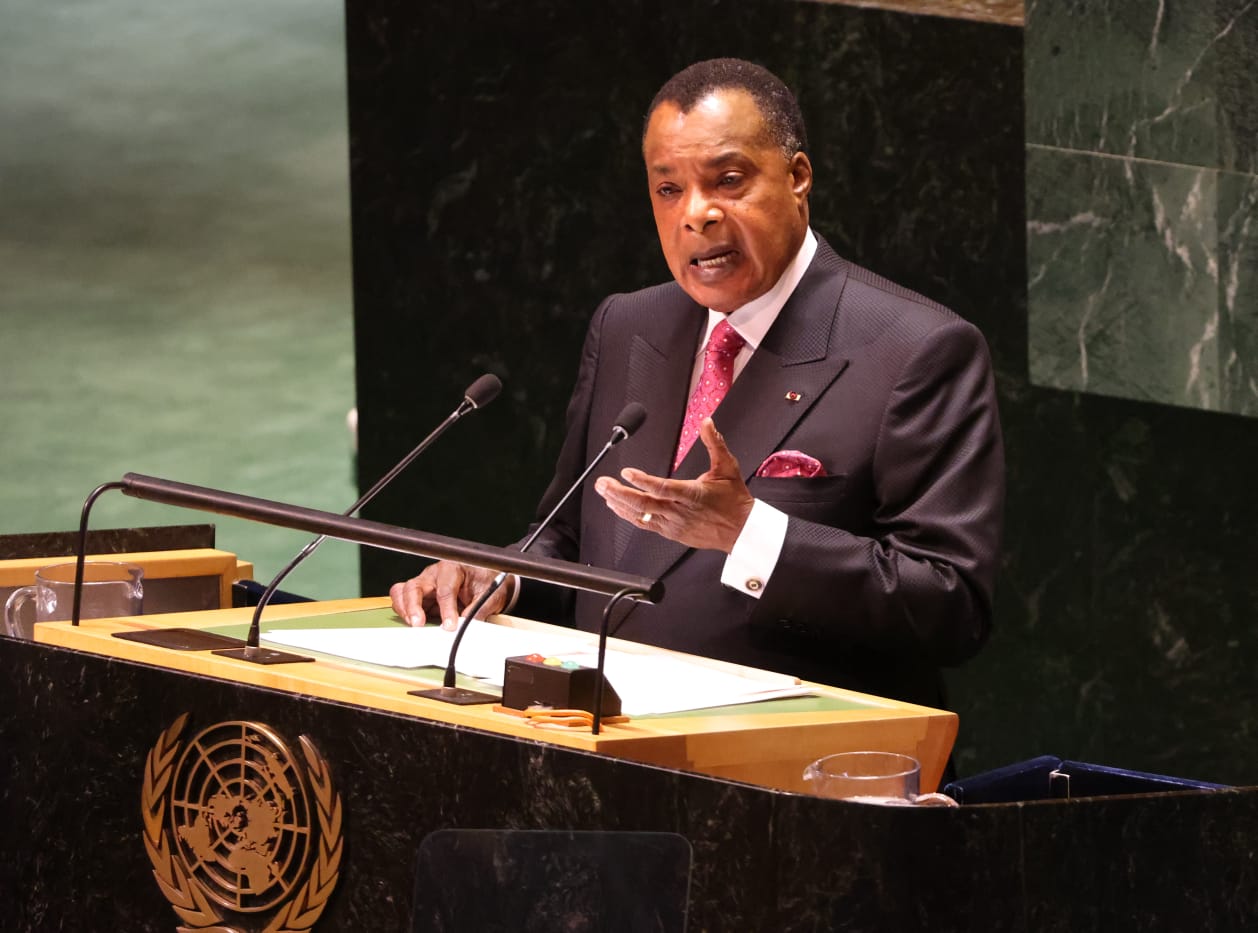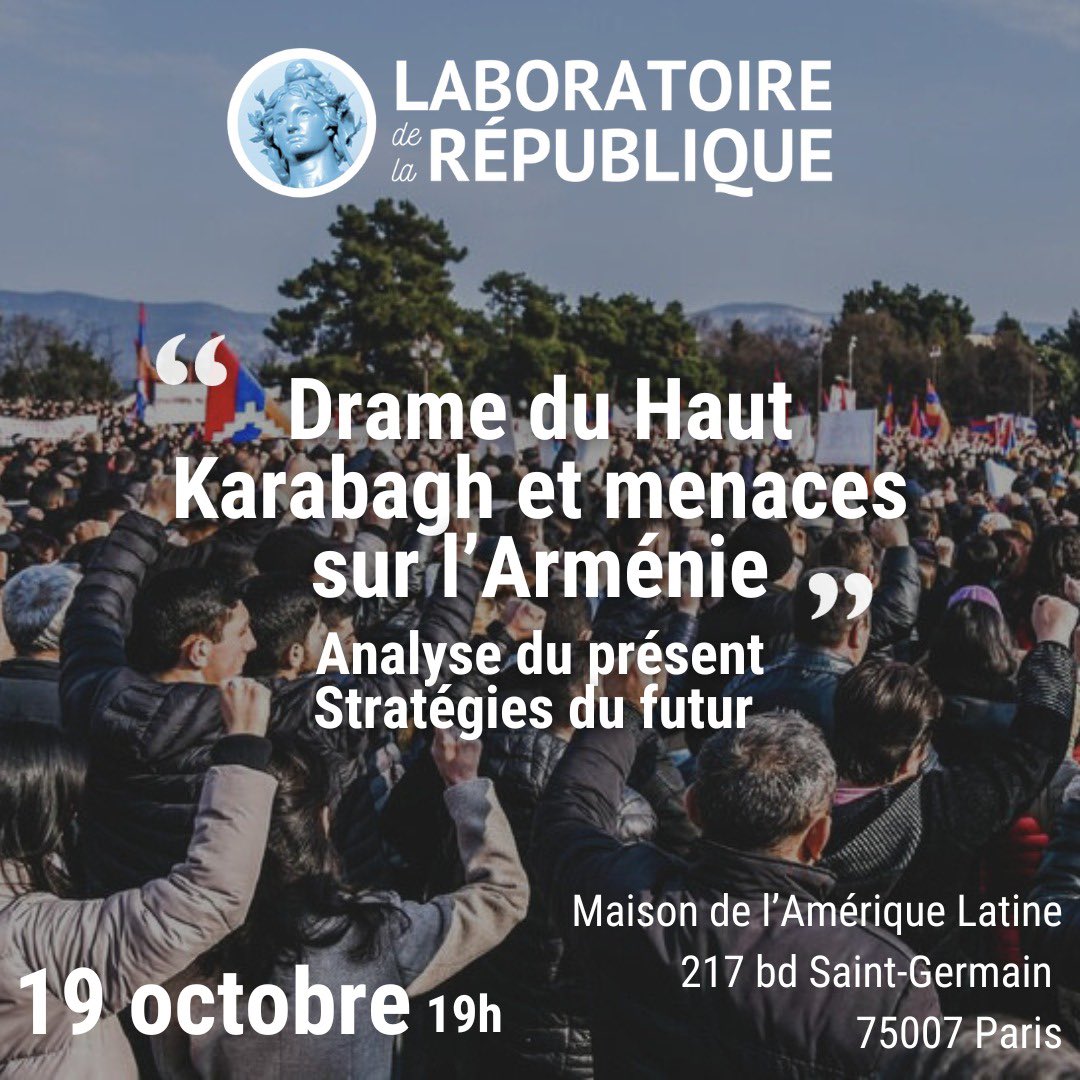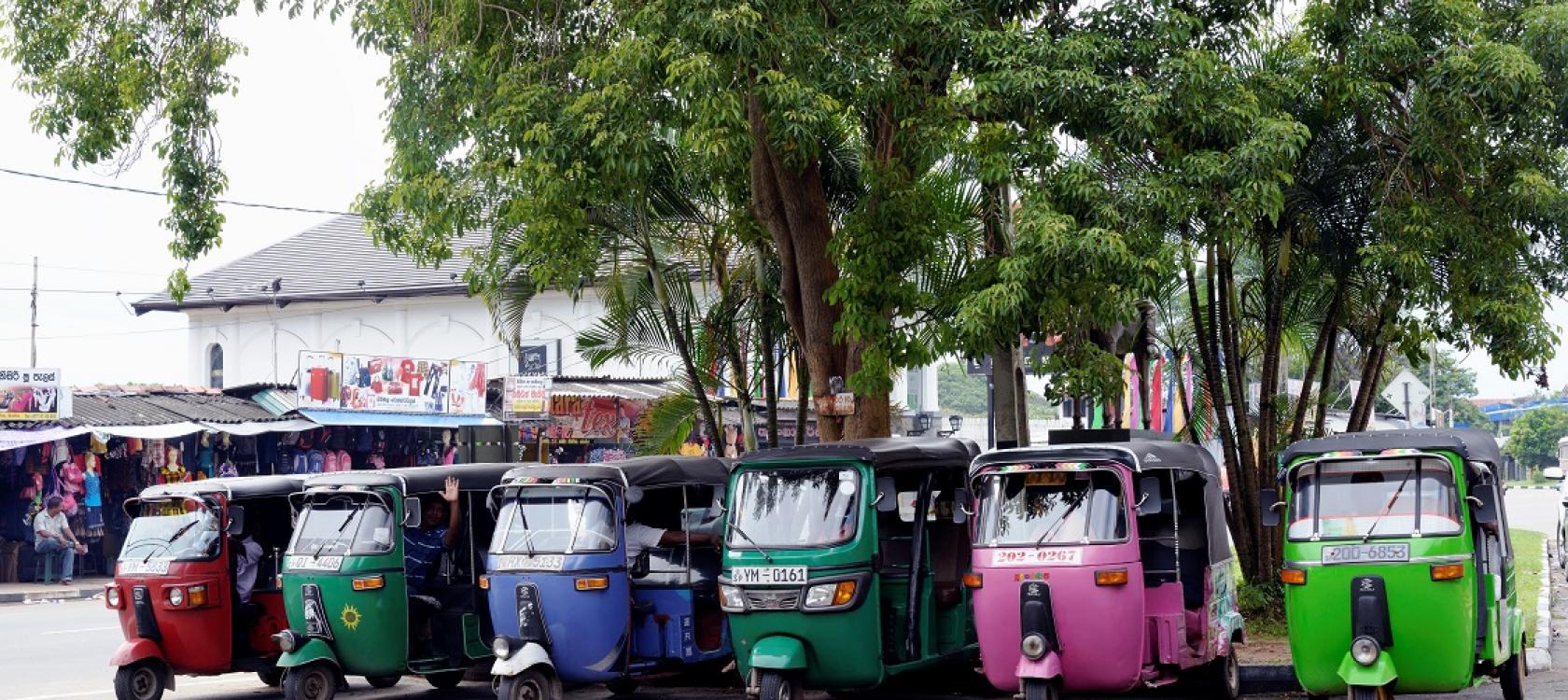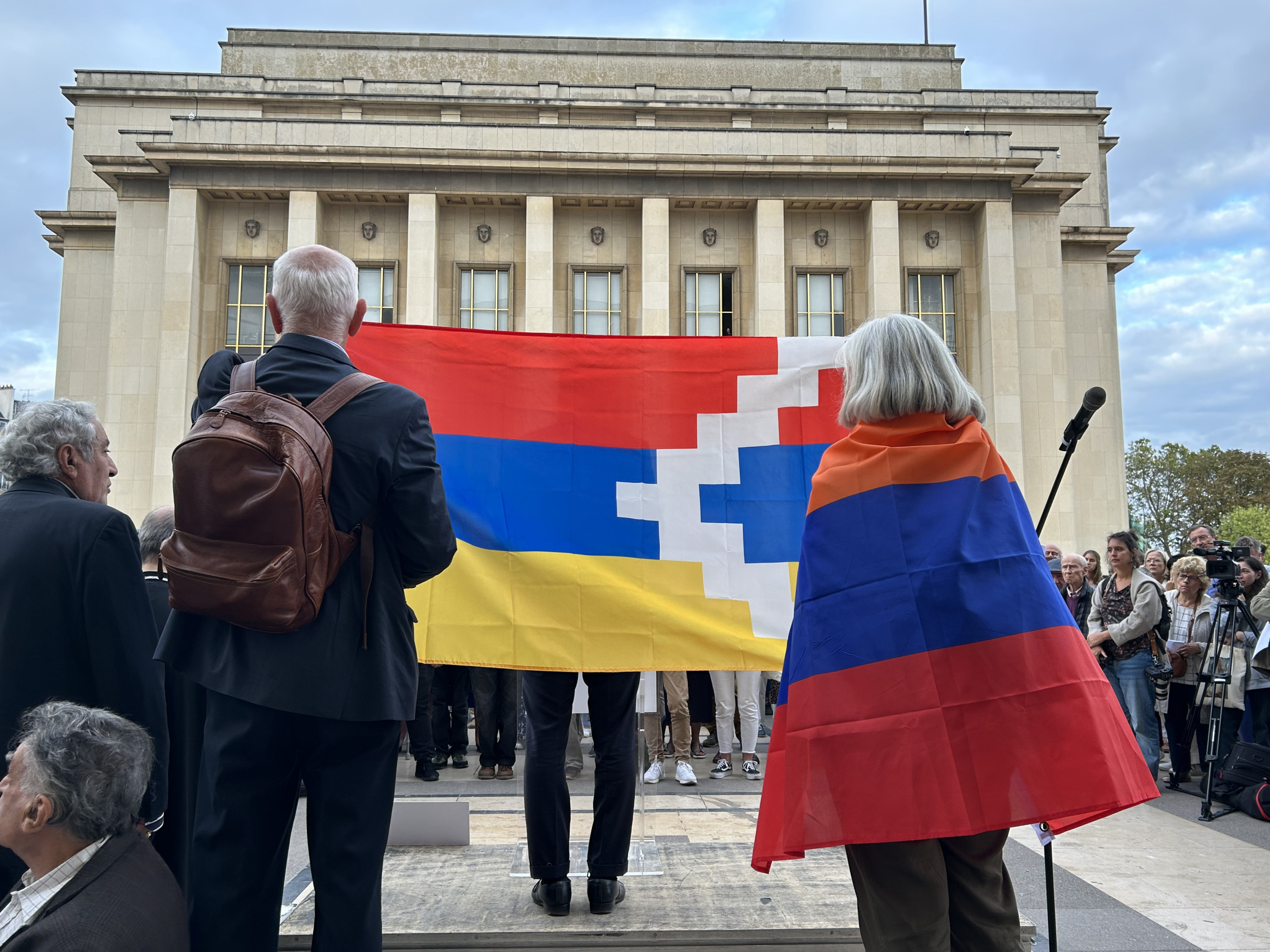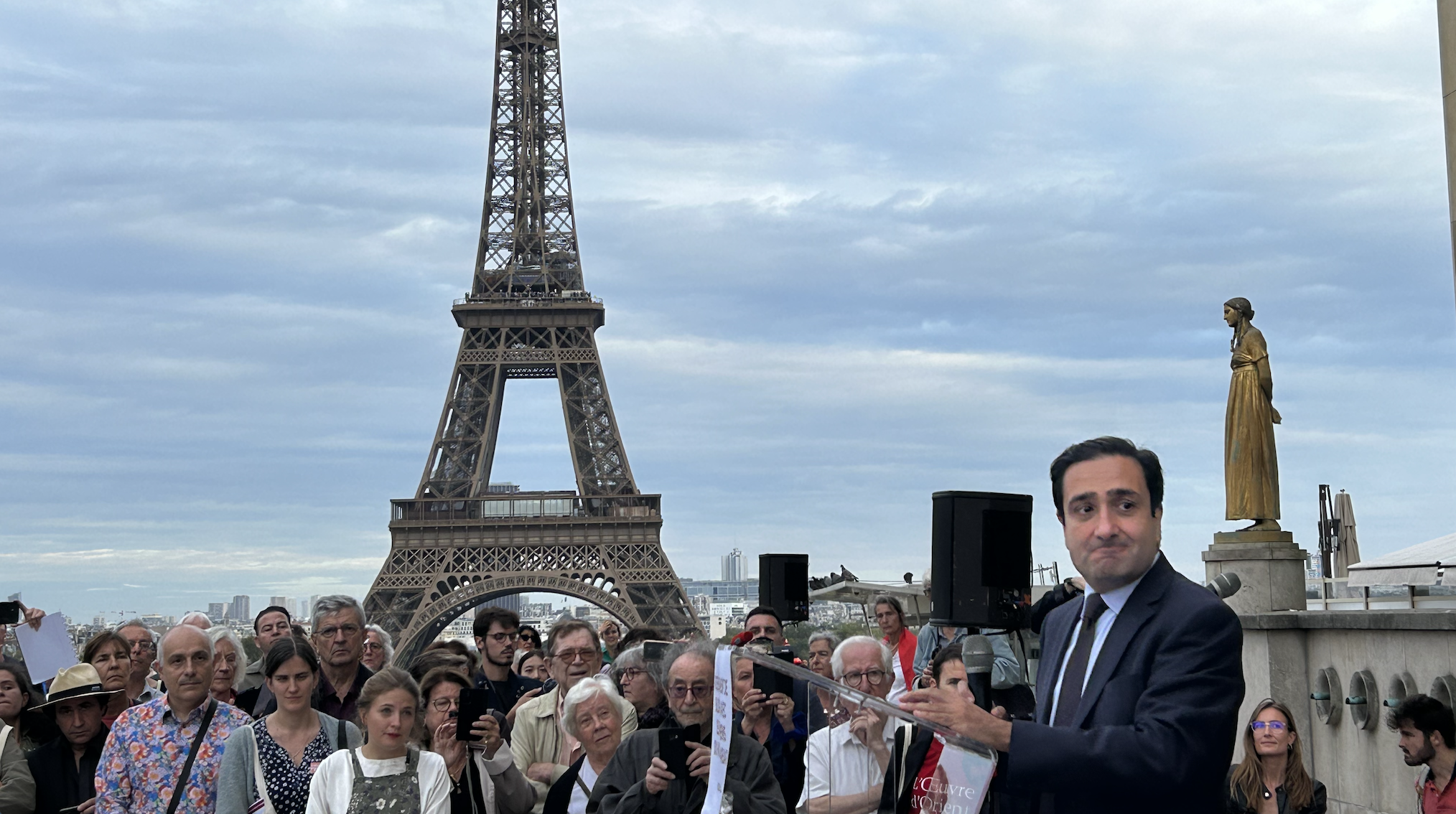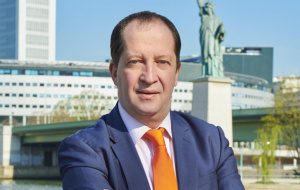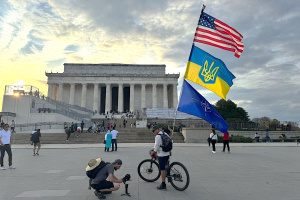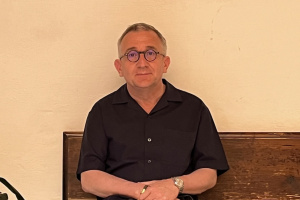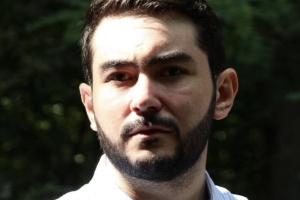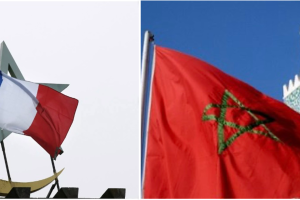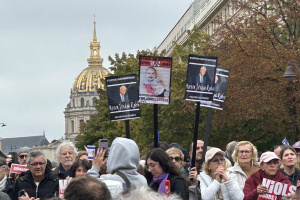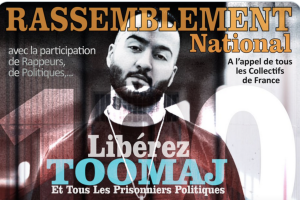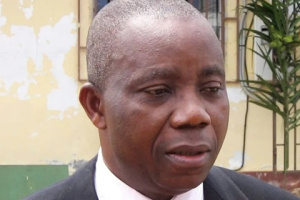Tandis que Zubin Mehta, le chef d’orchestre, a considéré que le concert a eu un « impact positif » sur le Cachemire, la société civile a montré son désaccord et son opposition à cette initiative en organisant un contre-concert, le même jour, pour célébrer le « vrai » Cachemire.
A musical concert performed by renowned conductor Zubin Mehta on September 7 in Srinagar (Indian-administered Kashmir) has turned into a sour cup and a major embarrassment for its organisers and a potential diplomatic embarrassment for Germany, whose ambassador was the organiser of event.
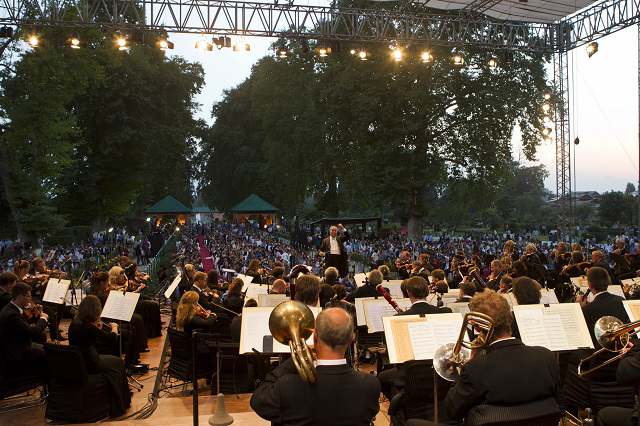
Zubin Mehta and his orchestra playing on September 7 in Srinagar, Kashmir.
/ Zubin Mehta et son orchestre jouant à Srinagar, Cachemire, le 7 septembre 2013.
Some contradictory indications
The event was organised by Germany’s ambassador to India, Michael Steiner, with the aim of reaching « the hearts of the Kashmiris with a message of hope and encouragement ».
However, Nikolaus Bachler, the general manager of the Bavarian State Opera, whose orchestra performed Saturday 7th September, offered a sharp comment and left the organisers red-faced.
“We were expecting to play for the people of Kashmir in the spirit of brotherhood and humanity. But the organisers turned this concert into an exclusive, elitist event for a selected, invited crowd and this understandably became a political issue, which is a pity and against the aim of art.”
The orchestra had been under the impression they would be playing for the Kashmiri people, and not, Bachler said, at an « embassy concert » to which access was restricted.
« We were misled by the German embassy. We will raise this issue with the German government that art can’t be exploited by anyone, be it governments or by embassies or any political groups, » he told Reuters in an interview.
The strongly discontent civil society
The orchestra, titled Ehsaas-e-Kashmir (The feelings of Kashmir), also faced strong protests led by the civil society and pro-Independence political parties in the disputed Himalayan region alike, who termed the event ‘inappropriate’, referring to the political instability and disputed nature of the conflict-torn region. The civil society accused the Indian establishment of sugar coating Kashmir’s reality and using cultural events to take the attention away from human rights issues.
“Kashmir is a disputed region under a military occupation,” Khurram Parvez, leader of the human rights group Jammu and Kashmir Coalition of Civil Society, told the Washington Post. “We don’t understand how anyone could disregard the reality of Kashmir.”
Pro-independence groups protested against the event which, they said, effectively legitimised New Delhi’s rule over the disputed state, and called a strike to show their opposition.
Hours before the concert, Indian forces shot four men in southern Kashmir, claiming the men tried to attack a paramilitary base. Angry residents protested that those killed were innocent civilians, which was later confirmed by the state police.
Syed Ali Shah Geelani, leader of Kashmir’ Tehreek-e-Hurriyat appealed to German ambassador Michael Steiner to reconsider the decision of holding the event.
Responding to Mehta’s claim that the show is not politically motivated, Geelani said, “The show is being organised to mislead the international community”. He added, “It has a political background and dimension as the government of India wants to clean its image across the globe as it is being questioned by every country for its human rights violation”.
“How can you have a concert in a walled garden, surrounded by rings and rings of security?” asked the novelist Mirza Waheed, one of several Kashmiri cultural figures who protested against the event. “The entire idea sort of collapses that this is a concert for peace. The people are not invited. It is as simple as that.”
The displeasure towards the concert surfaced immediately after the German Embassy in New Delhi issued a press statement that Mehta would be conducting a concert this September.
The social media was abuzz with the news of the Mumbai-born music maestro’s scheduled performance at the Shalimar garden, situated on the banks of Dal Lake in Kashmir’s summer capital, Srinagar. The backlash came after a group of activists showed their angst against the concert. Social media was overwhelmed with lengths debates with some referring to Mehta’s ‘Israeli past’ while others ridiculed the elitist and collaborative nature of such events.
“The streets and mosques of Kashmir used to reverberate with prayers and slogans in favour of Palestine and I, like most of Kashmiris, relate with the Palestinian struggle”, said Fehad Hafiz, a 24-year-old engineering student.
He added, “I am not really bothered about the agenda of the concert; for me Zubin Mehta’s affiliation with Israel was a good enough reason to boycott him”. Mehta in 1991 was awarded for his unique devotion to Israel and in 2005 was voted the 117th greatest Israeli by an Israeli news website. In 2001 he was awarded with India’s second highest civilian award.
Mainstream Indian politicians also did not shy away from showing their opposition to the proposed concert. Kabir Suman, a Kolkata-based musician and a Member of Parliament, questioned the validity of the concert. “I feel ashamed that such a concert should take place at Srinagar now – with 70 000 Kashmiris dead, 10 000 Kashmiris missing and thousands of Kashmiri women raped”.
Resistance, art and evolution
However, 77-year-old Mehta, who has directed the Israel, Berlin and Vienna philharmonic orchestras among others during his long career, said that despite the controversy he believed the concert had had a “positive impact” on Kashmir.
« We are not politicians. We cannot change boundaries but we can start a process of healing. Yesterday there was the beginning of some process of healing because Hindus and Muslims were sitting together in complete harmony, » he told NDTV, a Delhi-based news broadcaster.
On the other hand, the civil society held a counter concert named Haqeeqat-e-Kashmir (Truth of Kashmir) on the same day. Gowhar Fazili, a Delhi-based academician, wrote, “Haqeeqat-e-Kashmir is in the tradition of art-as-resistance – the art that is revolted by tyranny and refuses to serve as placebo in wake of oppression”. Events organised by the state authorities have met stiff resistance before, with political leaders in Kashmir often naming the state-backed shows an aggression on the cultural ethos of Kashmir.
People in Kashmir have used various forms of resistance to show their discomfort against the Indian rule. This includes demonstrations, sit-in protests, sloganeering, stone hurling and graffiti. But this is the first time that people organised a counter concert as a means to protest. It was an act of defiance for these activists who hope to put forth the subjugated voices of their region. It is retaliation through art, a statement of those who would prefer music to justice.
Azaan Javaid, Freelance journalist based in New Delhi and author of Social Media in Kashmir, 2011









